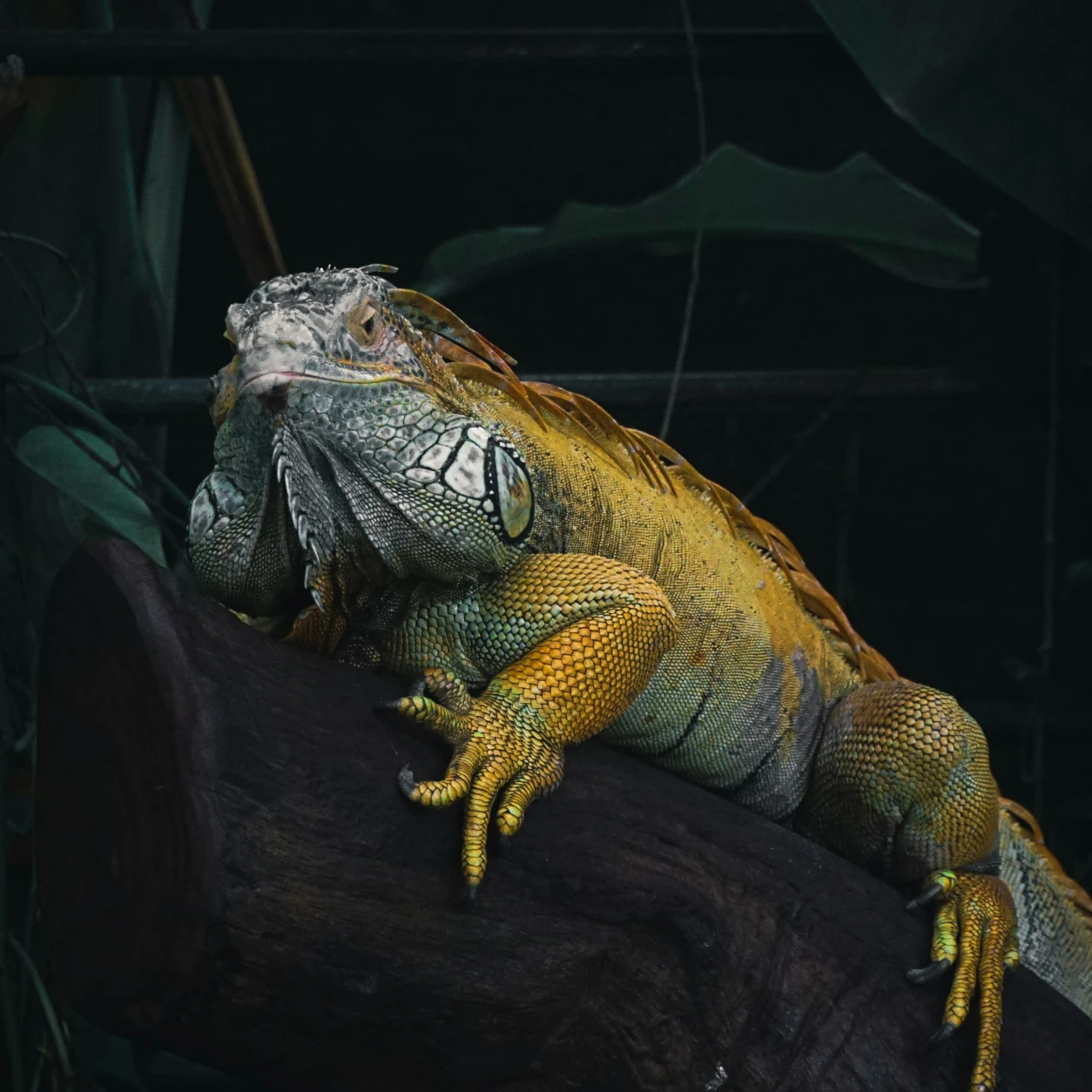Booking restrictions & embargo

Animals not permitted for transport
This table outlines categories of animals and commodities that are not permitted for air transport under SWISS Live Animals policy.
Endangered species
CITES Appendix I species* are prohibited unless part of approved zoo-to-zoo transfers (WAZA, EAZA, VDZ). CITES Appendix II species** are prohibited from trading for commercial purposes.
Certain species
We do not accept monkeys***, “teacup” dogs, frogs/toads (for consumption), ivory (raw and cut or carved), shark fins, bats, whales/dolphins, or wild-caught animals. We also do not accept ungulates, cloven-hooved animals (e.g., pigs, cows, sheep, deer, hippos, horses, or donkeys).
Research animals
Live animals for experimentation or exploitation are not permitted (except mice/rats and laboratory fish medaka/zebrafish).
Health concerns
Animals with infectious diseases or substances are not allowed.
Age restrictions
Puppies and kittens under 90 days of age cannot be transported.
Animals sent in mail
No live animals are accepted in mail shipments.
Brachycephalic (snub-nosed) dog breeds
For the safety of these snub-nosed breeds and their crossbreeds, we can accept these breeds only with a specific, successfully passed BOAS certificate of grade 0 or 1 and on certain routes. Please contact your local Swiss WorldCargo office for more information.
Strong (fighting) dog breeds
Fighting breeds must be transported in containers made of fiberglass, metal, welded wire mesh, or solid wood. All wooden materials must comply with IPPC standards.
Rigid plastic containers are not accepted. These guidelines follow the IATA Live Animals Regulations (LAR) Container Requirement 1 (CR1). Exception is granted for puppies of age from 3 months up to 6 months (90 days – 180 days of age).
Winter embargo – Restrictions for cold-sensitive species
The following animal groups are affected:
- Live tropical fish
- Birds
- Reptiles
- Amphibians
- Insects
Exemptions:
Exemptions for live tropical fish may apply. Please contact your local Swiss WorldCargo office for assistance.
Animals that are more resilient to cold, such as dogs and cats, are not subject to this restriction.
Find your local contact
Temperature & heat restrictions – Limitations for hot-weather risks
- Pets (dogs, cats, etc.)
- Small mammals (e.g. rabbits)
- Zoo animals vulnerable to high temperatures
Swiss WorldCargo reserves the right to rebook shipments to a different time of day or to another day when temperatures are more suitable for safe handling and transport.
